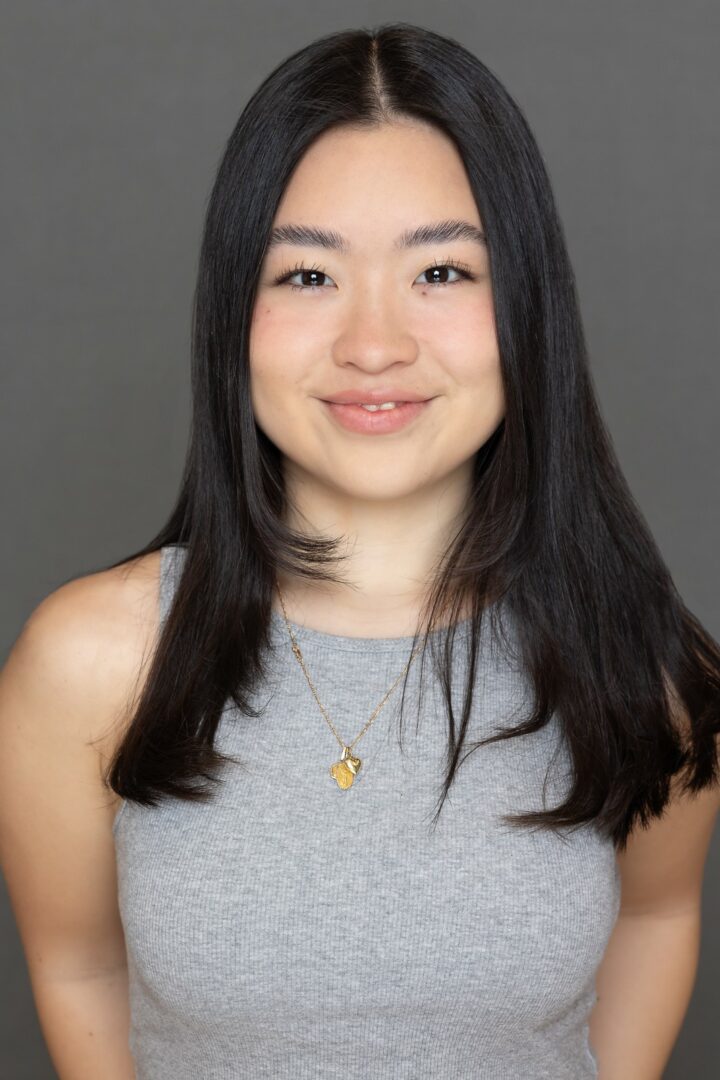We caught up with the brilliant and insightful Carla Maeda` a few weeks ago and have shared our conversation below.
Carla, thank you so much for making time for us. We’ve always admired your ability to take risks and so maybe we can kick things off with a discussion around how you developed your ability to take and bear risk?
I’m proud to say I’m a fourth generation risk taker. My great grandparents immigrated to Peru to escape war, my grandparents ventured with no education and my parents were first generation college students. I left Peru to pursue acting and now attend New York University Tisch School of the Arts on a full ride. Taking risks was instilled in me when growing up, but no one ever told me it could be fun.
Funny enough, reading my acceptance letter to NYU wasn’t easy. It was more of a vertical lift coaster.
When I read I was admitted, I screamed and jumped up from my chair and immediately went downstairs to share the news with my mom. After a long emotional hug, we went back upstairs to read it together. She then asked me how much tuition would be, so I took a look at my financial aid package. We couldn’t afford it.
Not being able to attend wouldn’t determine the success of my future, but I knew it could be transformative if I did. My options were limited and involved taking a loan. In order for me to take out a loan as an international student, I needed a US cosigner. My godmother agreed to be my guarantor. Though now part of the risk was being shared, I felt the weight on my shoulders double.
What kind of results would make taking that risk worth it? How could I make my godmother proud? Making that money back?
I took a loan for my first year to buy me time, but I was determined to fully finance my remaining 3 years. After submitting for multiple scholarships and sending letters, the summer leading up to my Sophomore year I was able to land one that covered my full cost of attendance for my 3 remaining years and retroactively for the first one.
But even now, with a full scholarship and on track to complete my two majors the question remains: What kind of results would make taking the risk of leaving worth it? The hardest part about taking risks is the fear of having no return. I came to find that ‘the return of investment’ in life isn’t given, it is found. And that sometimes finding the fruits of our efforts isn’t immediate. Sometimes it takes time to be able to see how a series of events come together or happened the way they did. So what if I came back home after graduation? So what if I ended up working in a different field? What I lived, learned and the people I met on the way are things no one can take away from me.
There is a common phrase in the acting industry: “You might not have booked the role, but you booked the room”. I went to my first ever Equity Principal Audition (EPA) this year. When I showed up, the monitor let me know that they were not seeing non-equity actors that day. I decided to wait until the last slot and ended up speaking to the casting director herself in the elevator. I simply seized the opportunity to ask her and learn more about EPAs since it was my first time at one. She asked me my name and said that she’d keep an eye out for my digital submission. About 3 weeks later, I got a request on ActorsAccess.The casting director was calling me in to audition for a character after the digital open call. I didn’t end up getting called back for third rounds, but I was now in her periphery for other projects that might be a better fit for me.
I’m glad I didn’t turn away after the monitor told me they weren’t seeing non-equity actors that day. I believe it’s because I went into that EPA open to learning as opposed to simply entering the audition room. Had I gone with the sole intention of performing for this particular project, I would’ve missed the opportunity to get seen for this and future ones.
I’ve started to enjoy experiences and learned to find success in ‘failure’. Resilience came as second nature and I didn’t really experience burnout once I adopted this mindset—following through, persisting and pushing through challenges becomes easy when you find joy in the process and create synergy between activities. The probability of failure is minimized if not eliminated when one manages to find value in every opportunity.
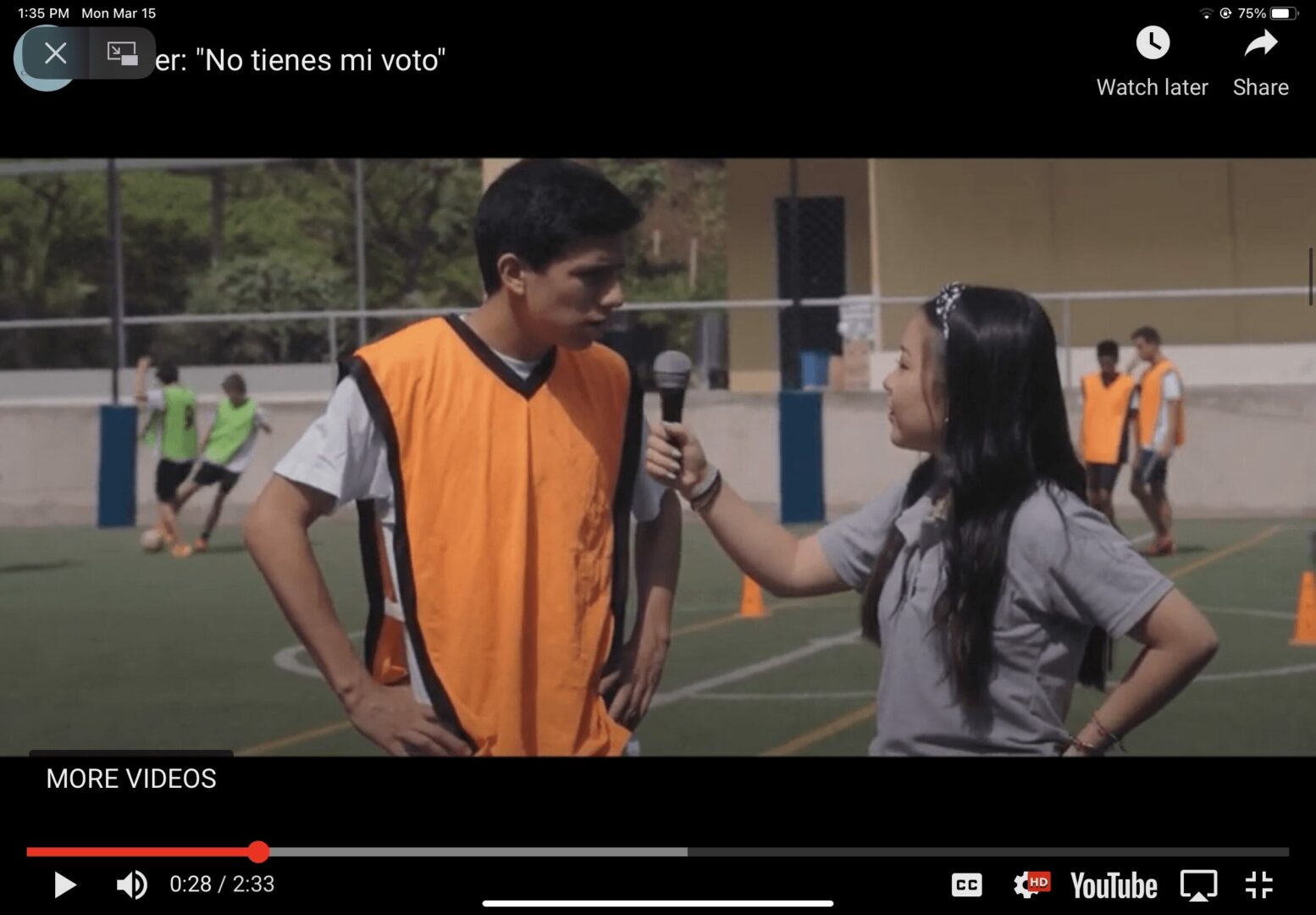
Thanks for sharing that. So, before we get any further into our conversation, can you tell our readers a bit about yourself and what you’re working on?
I’m a showman at my core. I love storytelling in every form and through every medium. My primary major at NYU is Drama, but I double major in Media, Culture, and Communications.
I always want to perform on stage, but I’m currently focused on putting my creative background and storytelling skills towards product management and product marketing. During my last 3 years in my respective majors, I’ve realized critical making is the confluence of my passions and experiences which are very diverse in nature.
From completing my primary conservatory training at Playwrights Horizons, I learned a lot about the resourcefulness and cross functional work needed in order to produce a play. From starting a restaurant back in Lima, Peru I was able to work with user stories, incorporate feedback and work with CRMs. I understand technology and society are mutually constitutive, so I want to continue working with different teams to cater technology to society’s needs.
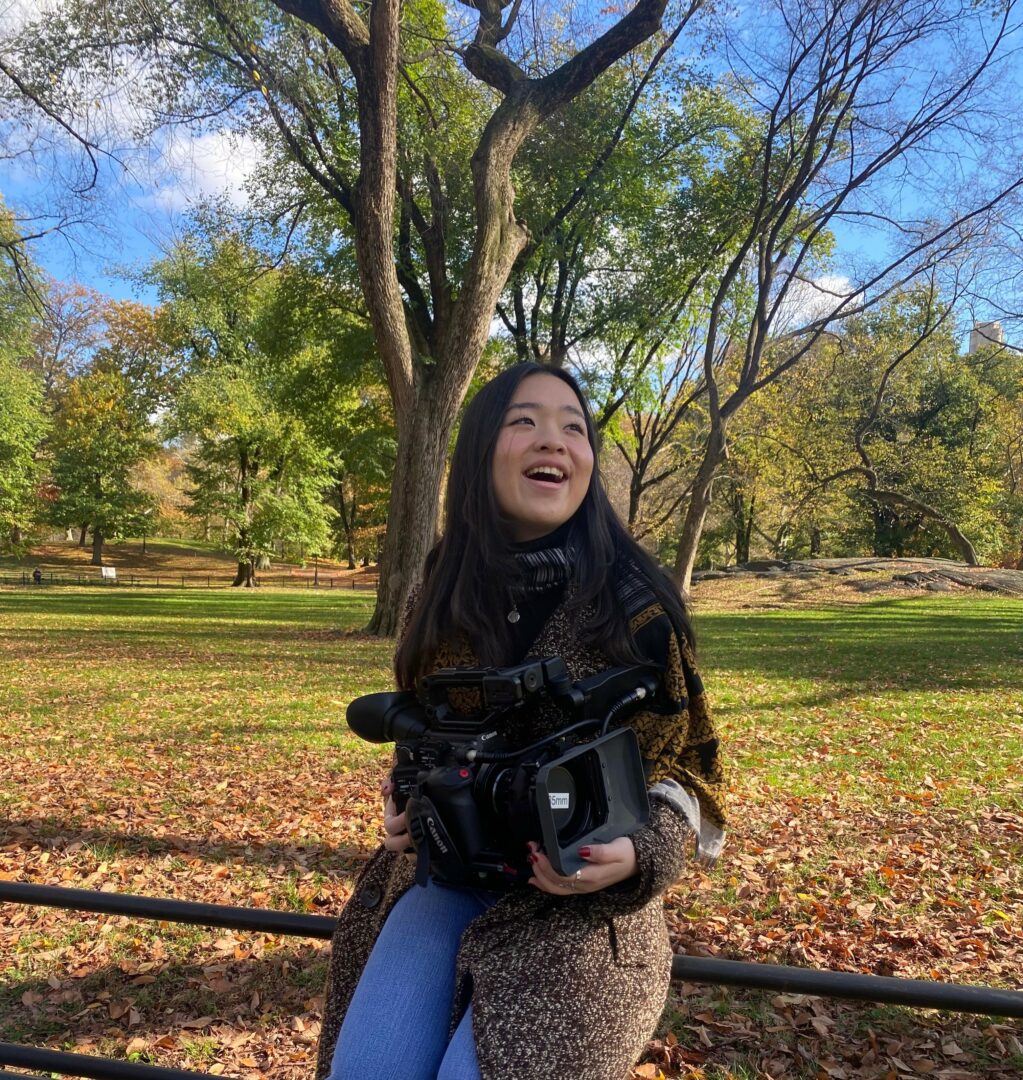
Looking back, what do you think were the three qualities, skills, or areas of knowledge that were most impactful in your journey? What advice do you have for folks who are early in their journey in terms of how they can best develop or improve on these?
Lean into what doesn’t work– double down on what does
I’ve learned to move on, but not in a begrudgingly and resentful ‘their loss’ kind of way. Rather, I’ve learned to properly let go. We are humans, not thinking about why something didn’t turn out the way we planned is not possible. So I allow myself to sit with it for a bit. It takes me a minute, sometimes two when I’m hot-headed, to realize what I could’ve done, not better, but differently. Then I also have an understanding that life and experiences require context and things aren’t personal. This helps me let go of the situation and take the learnings that serve me and be ultimately grateful for the opportunity. So, I do lean into what doesn’t work because I still learn from it.
But I double down on what does because it means there’s a potential to transcend.
Lose the superiority complex—It is okay not to know something, though the more you know the better.
I realized I kind of have a superiority complex, and it’s incredibly limiting. Superiority won’t necessarily manifest in brashly self-confidence. For me it was as simple as refusing to be wrong– which inhibits oneself from taking risks. I was embarrassed and frightened of the idea of raising my hand and saying the wrong answer or following an impulse in acting class and looking ‘stupid’. People that know who they are well enough not to care what other people will think or say and are brave enough to follow their impulses full force are the type of people I strive to be like. If you try and fall flat on your face, so what? So what.
Be open:
Be open to new experiences, new people, new solutions, new problems, new places. In acting and in life: No choice is silly, no feeling is ridiculous, no question is stupid, no job is too small, no one is more or less than. When you go in/launch yourself/ take a risk with a limited perception you’ve already lost— you lose the opportunity to learn something new or surprise yourself.
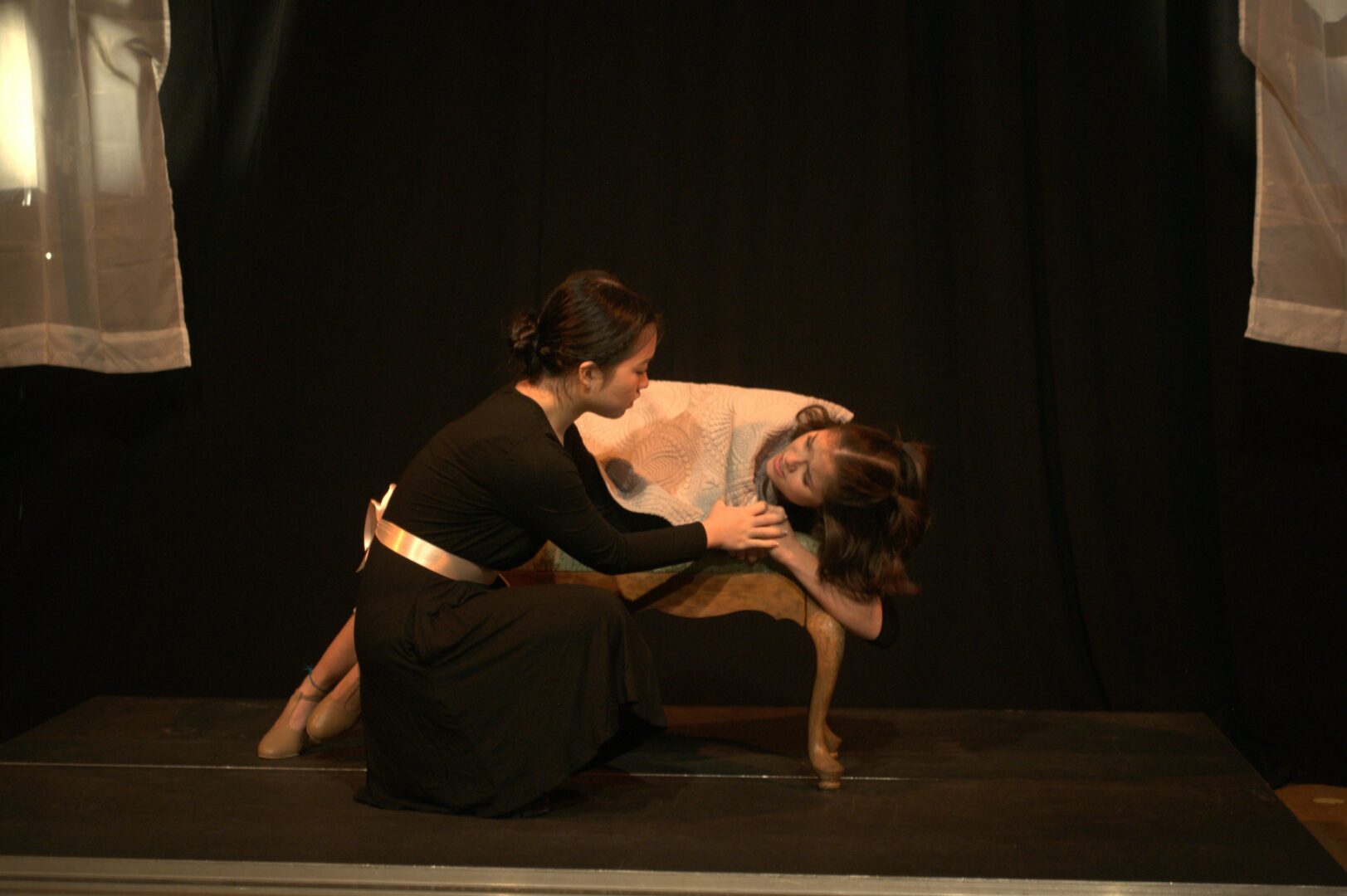
What do you do when you feel overwhelmed? Any advice or strategies?
Here’s a list:
Remember the things I’m grateful for. Big and small.
Write things down. Too many thoughts in my head at once can be very overwhelming. Writing things down brings me clarity.
If I have to get things done, I treat an activity as a break from another activity.
Making the time to perform activities that bring me joy.
Self- care basics. Our body is a temple. Lack of care will impact performance and only contribute to more stress. I used to neglect this and mental health.
I’m lucky to have a good relationship with my parents. So I call them to chat. But calling anyone that makes you feel safe.
Daniel Arsham is one of my favorite artists. I follow him on Instagram where he shares his photography as well as very wise texts from his mentor. I like reading through these. But definitely consume some form of art that inspires you.
Contact Info:
- Website: https://www.carlamaeda.com/
- Instagram: https://www.instagram.com/carlaamaeda/?hl=en
- Linkedin: https://www.linkedin.com/in/carla-maeda/
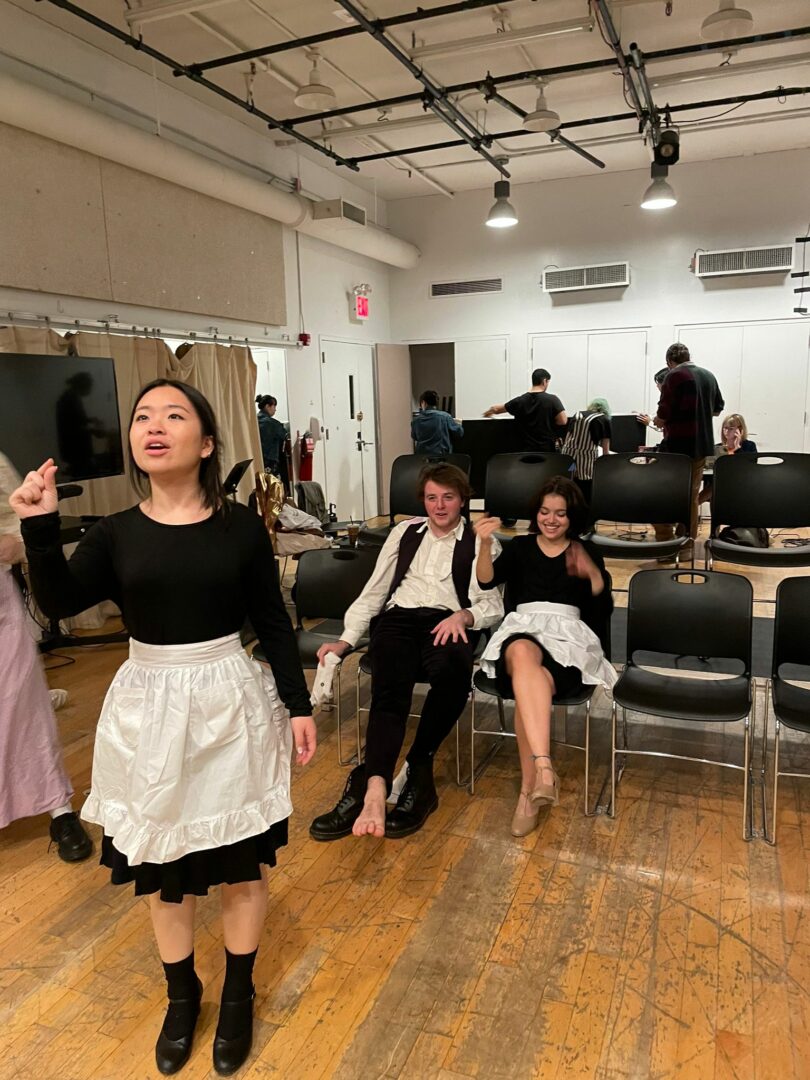
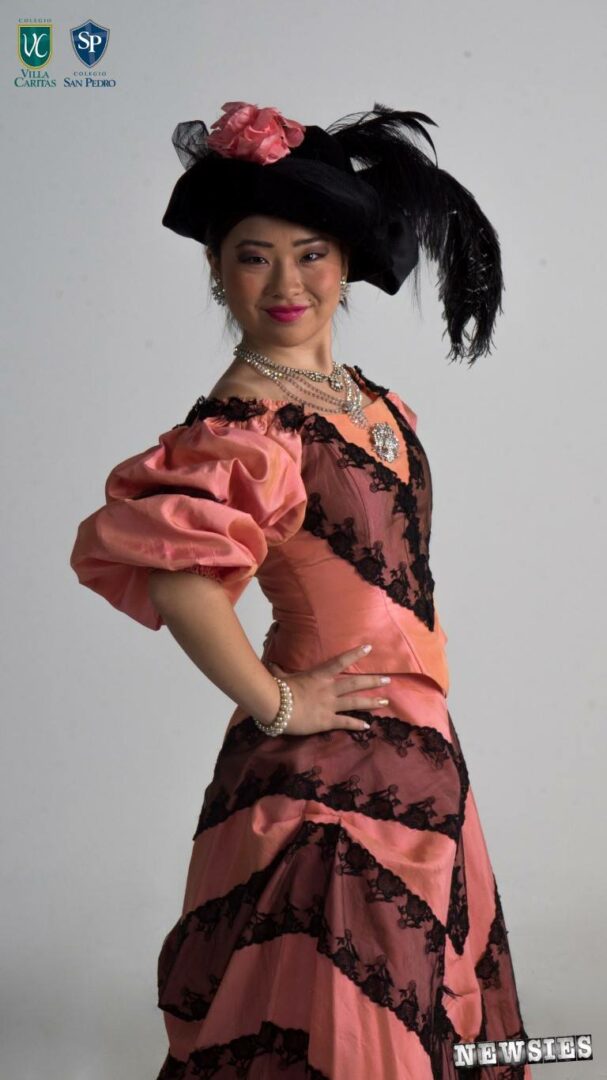
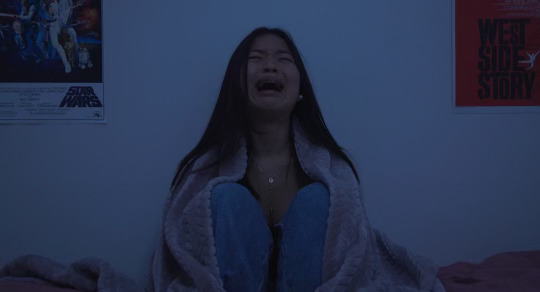
so if you or someone you know deserves recognition please let us know here.

